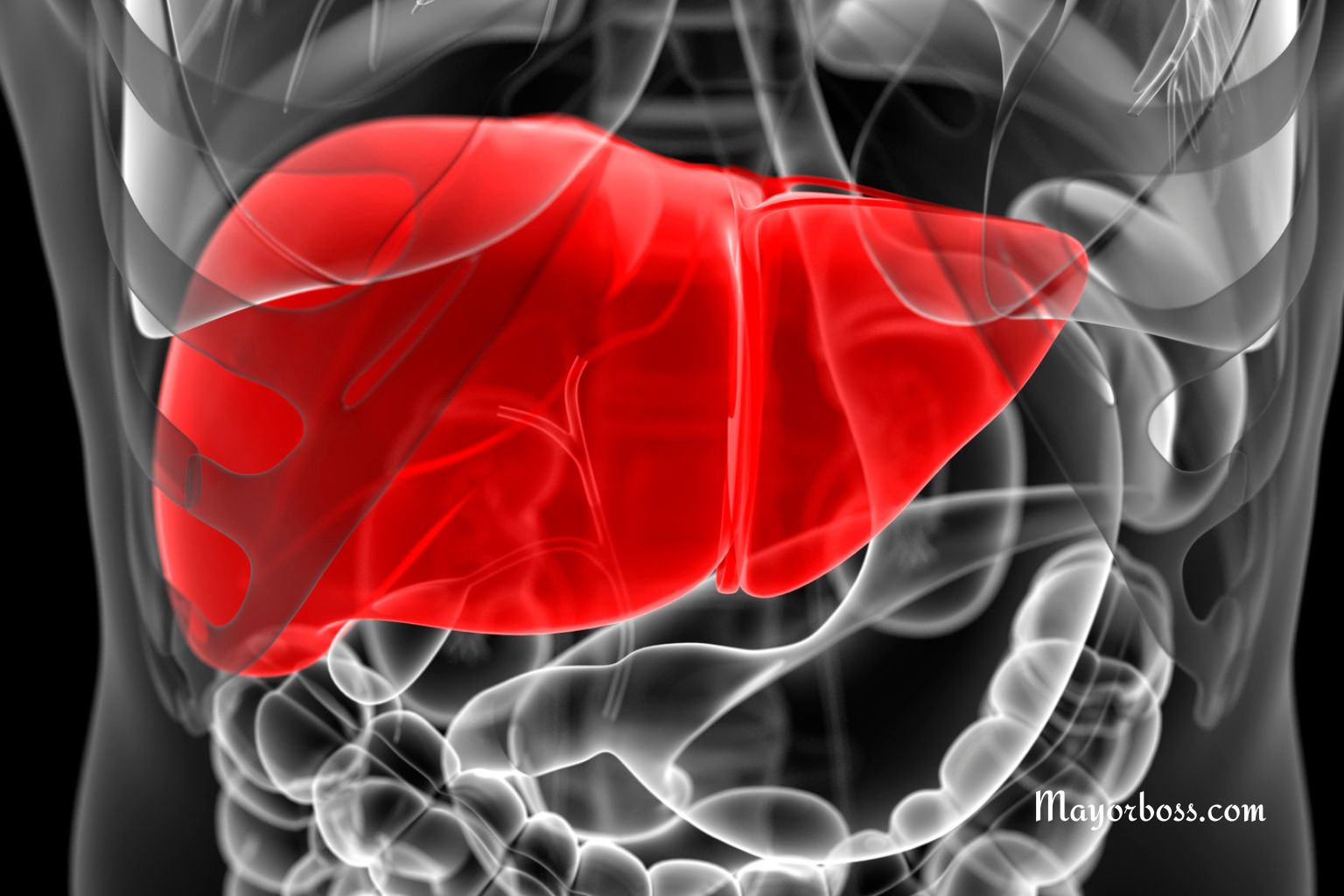6 Signs of Chronic Inflammation
Inflammation is, in many ways, the body’s natural shield against injury and illness. It often begins when our immune system hurries to protect a wounded area or to fight germs. However, problems can arise when this protective response does not turn off. Rather than helping us heal, it continues day after day. Such long-lasting, or “chronic,” inflammation may contribute to several health concerns.

What Is Chronic Inflammation?
Your immune system as a dedicated repair team. When there is harm—like a cut or an infection—this team springs into action, delivering white blood cells to mend the damage. If that damage heals up quickly, the team heads back to their station. But if the damage remains (or if the immune system stays activated for other reasons), the repair team never fully leaves.
As time goes on, the immune system keeps releasing certain chemicals that can irritate tissues or organs. The results can include pain, swelling, or other discomforts that persist longer than one might expect. The process may begin silently, so you might not even notice it until symptoms worsen. This is why it is vital to observe your body carefully and watch for signs that something is not quite right.
Signs of Chronic Inflammation
1. Persistent Fatigue
One of the earliest hints of chronic inflammation is the sense that you are tired more often than not. This goes beyond feeling sleepy at the end of a busy day. Instead, you may feel drained despite getting sufficient rest and taking time to relax. Your body is working hard on the inside, so there is less energy left over for day-to-day tasks.
Fatigue can be influenced by many things, such as lack of sleep or stress at home or work. However, if you notice that no matter what you do—napping, staying hydrated, or following a regular bedtime routine—you still feel tired, there could be inflammation at play. Over time, persistent fatigue affects your mood and productivity, making it wise to address the underlying cause.
What You Can Do
- Evaluate your daily schedule: Be sure you are giving yourself enough time to rest. Our modern world can feel fast, yet proper sleep is key.
- Keep active: Light exercise, such as a daily walk, can help reduce the stress on your body.
- Seek professional advice: A thorough check with your doctor might reveal whether you have chronic inflammation or a different health concern.
2. Frequent Infections
Do you find yourself catching colds more often than your peers? Maybe you cannot shake that sniffle or cough, and it lingers for weeks. Chronic inflammation can keep your immune system busy and unable to defend you properly against invading bacteria or viruses.
When your body is already overloaded by inflammation, it can weaken your defenses. This makes you more vulnerable to persistent illnesses, including urinary tract infections or sinus infections. Instead of bouncing back quickly, you might face repeated bouts of the same infection. If this scenario sounds familiar, then it might be a signal that your immune system needs extra support.
What You Can Do
- Check your diet: Certain foods, such as fruits, vegetables, and healthy fats, can nurture your immune system.
- Prioritize hygiene: Regular handwashing is a simple practice that reduces the likelihood of catching infections.
- Visit a health professional: If you repeatedly battle infections, a doctor can run tests to see if inflammation lies at the root.
3. Digestive Distress
Another sign that you might be experiencing chronic inflammation is when you have stomach trouble that does not go away easily. You could notice bloating, cramps, or unusual bowel movements. Sometimes, these problems arise from simple dietary issues. But if you find that your digestive woes persist—especially if they come along with heartburn or acid reflux—it could mean that inflammation is in your gut.
Our gut has billions of helpful bacteria that assist with digestion. When chronic inflammation disturbs the balance of these bacteria, you might feel the consequences in many forms, such as diarrhea, constipation, or even persistent gas. This might create stress in your daily life and make you hesitant to eat certain foods.
What You Can Do
- Monitor your meals: Keep track of what you eat in a food journal. You may notice patterns, like worsening symptoms, after certain meals.
- Add fiber: Fruits, vegetables, and whole grains often aid healthy digestion.
- Stay hydrated: Water helps your digestive system do its job properly.
4. Muscle and Joint Aches
Have you noticed stiffness or discomfort in your joints that refuses to go away? Inflammation commonly affects the joints, leading to aches, pains, or a feeling of tightness. Even tasks like opening a jar or walking up a flight of stairs might become more challenging.
Though muscle aches may sometimes follow strenuous exercise, chronic inflammation can cause your muscles to feel sore even after minor activity. In this scenario, the discomfort does not vanish easily, and you may suspect that your body is overreacting. Over time, that overreaction can interfere with your mobility.
What You Can Do
- Practice gentle exercise: Activities such as swimming or low-impact stretching can ease stress on joints.
- Use warm or cold packs: Applying heat or cold to painful areas helps some people relieve discomfort.
- Speak to a doctor: Medications or physical therapy might be recommended in chronic cases.
5. Skin Problems
Your skin can serve as a mirror of what happens inside your body. When there is chronic inflammation, you might see unexpected breakouts, rashes, or other skin irritations. Eczema and psoriasis, for instance, may flare due to inflammation. Even general redness or itchiness that lingers could be a sign.
We tend to think of the skin as separate from the body, but it is the body’s largest organ. If inflammation continues internally, it may show up as stubborn pimples or bumps that do not improve with typical skin care regimens. This can be frustrating, as it often affects one’s confidence.
What You Can Do
- Choose gentle skin products: Harsh chemicals can irritate inflamed skin. Look for mild, fragrance-free cleansers.
- Avoid scratching: Scratching or picking irritations can make matters worse and lead to infection.
- See a dermatologist: If skin problems persist, professional help may be necessary.
6. Mood Changes
Surprisingly, the state of your immune system can have a bearing on your emotional balance. Research suggests that chronic inflammation might contribute to feelings of anxiety or even low mood. Picture your body in a constant state of defense. It may lead to fatigue, which in turn can leave you feeling burdened emotionally.
You might notice you are more irritable than usual, or you may feel sadness lingering without an obvious cause. Of course, emotional challenges can stem from many sources. However, if you pair these mood shifts with other signs on this list, chronic inflammation could be a likely factor.
What You Can Do
- Share your feelings: Talk with a friend, therapist, or counselor. Emotional support can be as important as physical care.
- Explore stress relief: Try activities such as yoga, meditation, or a simple walk in nature.
- Seek medical input: A professional evaluation can determine if an underlying inflammatory process is affecting your mood.
The Bottom Line
Chronic inflammation may show up in various ways—such as stubborn fatigue, frequent infections, nagging joint pains, or digestive troubles. Even your skin and mood can be influenced by an out-of-control immune response. Fortunately, you have options to manage these signs.
Pay attention to changes in your daily habits or environment that can help you feel better. For many individuals, adjusting diet, moderating stress, and getting more physical activity can help calm chronic inflammation. If you suspect a deeper health concern, consider scheduling a visit with a medical professional. Never hesitate to ask questions about persistent symptoms.






